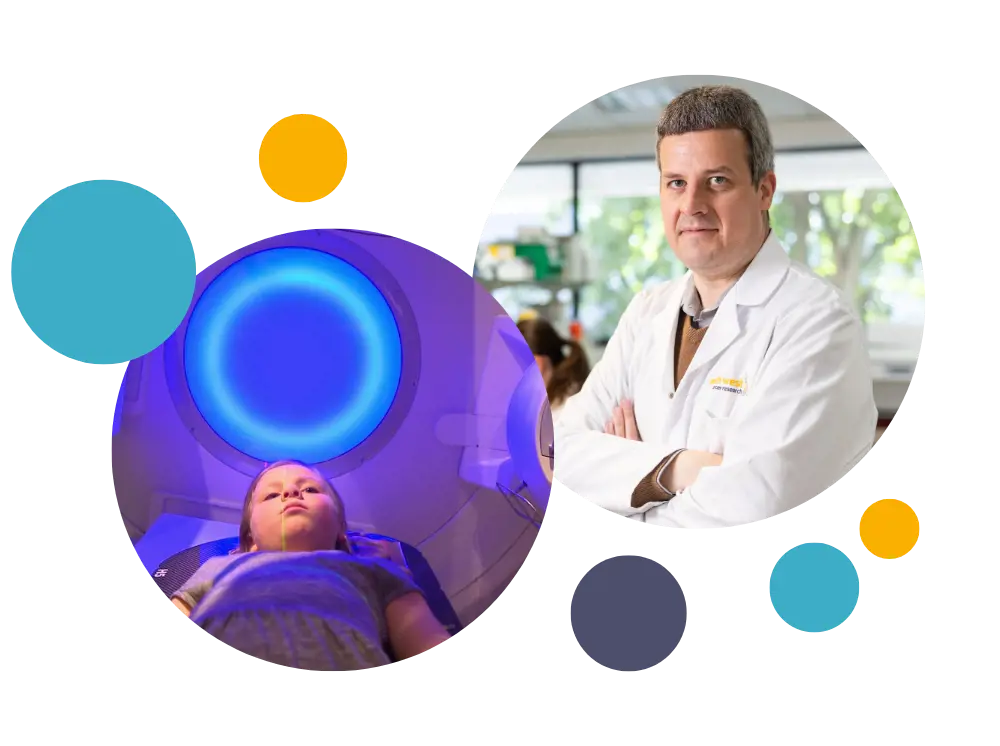Proton Therapy Project
Proton beam therapy is one of the most recent significant breakthroughs in cancer treatment.

Proton beam therapy is one of the most recent significant breakthroughs in cancer treatment.

The radiobiology of proton therapy
Radiotherapy is still the most effective cancer treatment. Still, recently there has been a growth in the use of proton beam therapy.
This is because proton therapy delivers higher doses of radiation to cancer whilst sparing normal tissue from the adverse effects of the radiation.
However, our knowledge of how protons specifically act to kill cancer cells is not entirely understood.
The general thinking is that the DNA in cancer cells is the principal target for radiotherapy, including protons, and that the accumulation of specific types of DNA damage causes cancer cells to die.
This NWCR-funded research project is investigating the DNA damage induced by protons. It also hopes to understand how cancer cells repair this DNA damage which limits the effectiveness of proton therapy.
This work will ultimately lead to improved proton therapy procedures for more effective cancer treatment.
Pictured: Dr Jason Parsons, Department of Molecular and Cilincal Cancer Medicine, Institute of Translational Medicine, University of Liverpool.